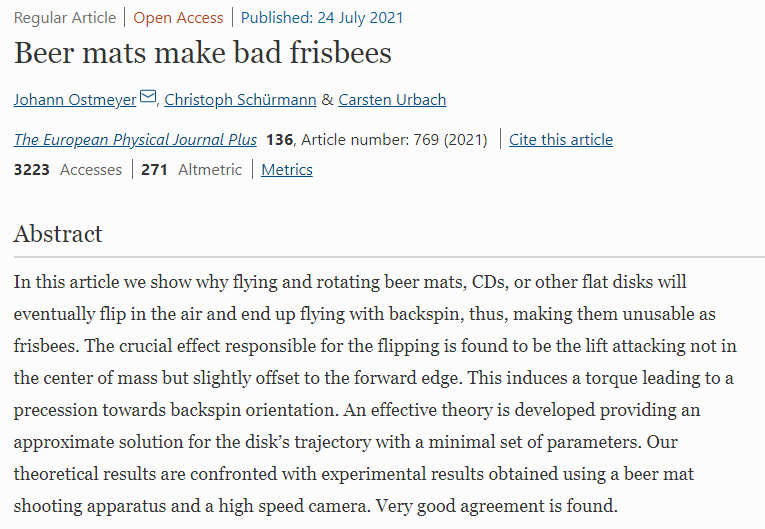Sunday Reads #154: Your management fee is my opportunity.
How Andreessen Horowitz is disrupting venture capital.
Hey there!
For folks who’ve joined over the last few days, sharing a couple of links that you might like:
Step by step, ferociously - looking back at 2021.
And here’s last week’s newsletter, in case you missed it: How LUNA crashed from USD 40 billion to zero. Overnight.
This week, let’s talk about venture capital. Let’s talk about a new kind of venture firm.
1. Your profit management fee is my opportunity.
This week Andreessen Horowitz (a16z) raised its biggest ever crypto fund - USD 4.5Bn (!).
It made a TON of news. And totally stole the thunder from Volt Capital (raised a $50M crypto fund) and NGC ($100M).
Today, a16z would be in any list of top 5 VC firms. But when you run through that list, you'd notice one startling thing - a16z is young!
In an industry subject to power laws like no other. Where the rich get richer. Where access is everything. How did a16z win?
It won by changing the game, Bezos style.
Winners don't do things differently...
Traditional VC firms differentiated from each other by doing the same things, but "better".
Answer emails faster. Be nicer to founders. Recruit smarter, more well-known partners.
When "value add VC" became a thing, VCs started doing a little more still.
Do a few more sales intros. Answer emails even faster (you can expense Superhuman). Say "Let me know how I can be helpful" twice as often.
But that's not really differentiation.
As Michael Porter said, differentiation is not about doing things differently. It's about doing different things.
Amazon didn't just build a better bookstore. Apple didn't just build a better phone.
While everyone was building a better venture firm, a16z decided to build a venture corporation.
... Winners do different things.
Everyone else is building a value-add VC. a16z is building "Management as a service".
As Dror Poleg says in Andreessen Pulls a Bezos:
How do you compete in such a world? You think strategically.
In the case of venture capital, that means doing things your competitors aren't doing. And that's exactly what Andreessen Horowitz (A16Z) is doing. The firm is on a hiring spree, recruiting new partners and former government officials, writers, editors, and more.
A16Z is no longer building a venture capital firm; it is building a new type of company with a thick management layer that helps support its multiple portfolio companies with marketing, legal, lobbying, and technical resources. It's no longer venture capital; it's a venture corporation.
Bezos famously said, "Your profit is my opportunity".
a16z is saying, "Your management fee is my opportunity".
Other VCs used their 2% management fee to vacation in Aspen. Meanwhile, a16z used it to build an entire new company within itself.
Amazon channeled its margins back into the business, and invested in growth.
In the same vein, a16z is channeling its management fee into supporting its startups, to raise their value. Reducing its "margins" to drive growth.
Changing the price to play.
Undercutting his competitors is only one half of what Bezos did.
The other half is: he changed the "price to play" in ecommerce and retail.
His competitors had no choice but to cut their prices too!
i.e., He didn't just offer the lowest prices in the industry. He imposed his cost structure on the entire industry. He changed the dynamics of online commerce; making his competitors charge less / provide more services, to stay relevant. And many couldn't.
It'll be interesting to see if a16z does the same. Will other VCs see no choice but to build the same costs themselves?
If they do, they'll likely lose to a16z anyway. Because a16z's differentiation - the hard experience of doing actual hard things - will shine even more.
No, the other VCs will likely need to find another dimension to differentiate. Remember Porter's admonition: Do different things.
PS. Tiger Global is another example of playing a different game, to win in venture capital. I've written about it in Stop trying to hit me, and hit me! (Yes, there’s a Matrix reference in there 😊).
Hi, I’m Jitha. Every Sunday I share ONE key learning from my work in business development and with startups; and ONE (or more) golden nuggets. Subscribe (if you haven’t) and try it out for free 👇
2. Golden nugget of the week.
The right question is a force multiplier.

I love Patti McCord's question!
Next time someone complains to you about something (or you complain), ask: "What happened when you tried to solve this problem?"
Make action the default.
As I said in Sunday Reads #99:
Questions are far more powerful than answers.
They frame the conversation. After all, you can only answer questions that are asked.
The right question takes you right to the essence of a problem, and helps you solve it.
For example, asking a startup what their defensibility is, is far more useful than asking them about the addressable market size.
The wrong question can waste years.
“What cool feature should we build next?” is the wrong question, when your onboarding funnel itself is leaky.
Some more examples of great questions:
Tim Ferriss' Testing The “Impossible”: 17 Questions That Changed My Life (#206). I read this every few months.
This thread is an excellent list of force-multiplier questions. Things you can say to people in ten seconds, that sometimes produce insanely outsized effects.
3. Oldie but goodie.
I re-read Sam Altman's How To Be Successful this week.
He has 13 thoughts about how to achieve outlier success, but I'll pick 3:
1. Compound yourself.
It’s useful to focus on adding another zero to whatever you define as your success metric—money, status, impact on the world, or whatever. I am willing to take as much time as needed between projects to find my next thing. But I always want it to be a project that, if successful, will make the rest of my career look like a footnote.
7. Work hard.
You can get to about the 90th percentile in your field by working either smart or hard, which is still a great accomplishment. But getting to the 99th percentile requires both—you will be competing with other very talented people who will have great ideas and be willing to work a lot
9. Be willful.
A big secret is that you can bend the world to your will a surprising percentage of the time—most people don’t even try, and just accept that things are the way that they are
Remember: Extreme people get extreme results.
4. Today I learned!
Once the pandemic hit, I thought it would take researchers at least a few more years to get to this very important question.
Jokes apart, this is a good thing. It highlights how much slack there is in the system. It makes me optimistic that we can move even faster the next time there's a worldwide emergency.
That’s it for this week. Hope you enjoyed it, and are staying safe, healthy and sane.
I’ll see you next week.
Jitha





